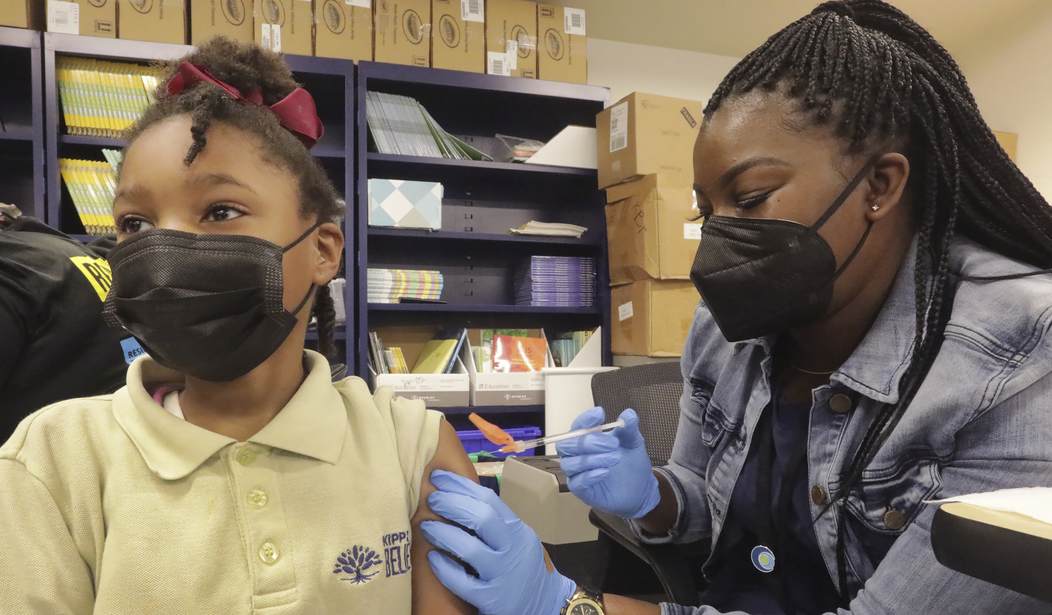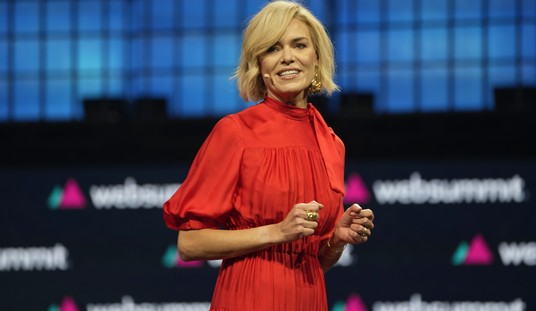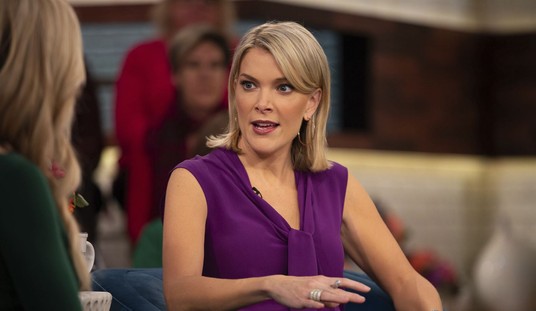The U.S. Food and Drug Administration (FDA) delayed its review of Pfizer’s COVID-19 vaccine for children under 5 years old because the initial two-dose vaccine regimen was not working well to protect against the Omicron variant during tests, the Wall Street Journal reported Friday.
Sources who are familiar with the decision told WSJ that earlier data showed the vaccine to be effective against the Delta variant during testing. At the time, Delta was the dominant strain of COVID-19. Since then, some vaccinated children have developed COVID-19 after the onset of the Omicron variant.
“So few study subjects, whether vaccinated or unvaccinated, developed Covid-19 during testing thus far that the small number of Omicron cases made the vaccine appear less effective in an early statistical analysis, the people said.
As more cases emerge, Pfizer’s shot might wind up providing stronger protection against Omicron, the people said, if the bulk of infections are in unvaccinated subjects.
Officials from the Food and Drug Administration and Pfizer agreed it would be better to wait for the additional cases, the people said. The extra time would let the agency assess the vaccine’s effectiveness as either two doses or three, they said. The FDA was going to make its decision by looking at whether the shot generated immune responses comparable with those seen in older people.
The delay will also allow regulators to see how a third dose performs, the people said. That additional dose is given at least two months after the second shot. The FDA hopes to have a decision on the vaccine this spring, the people said; Pfizer has said it expects study results in early April.”
Recommended
This month, I covered how Pfizer and its partner BioNTech planned to submit a request to the U.S. Food and Drug Administration (FDA) for Emergency Use Authorization (EUA) for their coronavirus vaccine for children 6 months to 5 years old. Sources briefed on the matter told The Washington Post that the FDA urged the companies to submit the application so that vaccine regulators could review the data. However, the data showed “disappointing” vaccine protection results for certain age groups.
In December, an announcement published from Pfizer indicated that trials of its vaccine in children 2 to 5 years old did not produce the level of protection that was expected. The announcement stated that the trials would be “amended” to include evaluating a third vaccine dose at least two months after the second dose of the initial two-dose series to provide “high levels of protection” for this age demographic.
The WSJ’s Friday report noted that “the decision to wait, which came days before the FDA was expected to make its determination [on vaccinating children 5 and under] angered some parents who were eager to vaccinate their young children and confused others unsure of what to do.”
Late last year, the FDA approved Emergency Use Authorization for Pfizer’s vaccine for children ages 5 to 11. A survey conducted by the Kaiser Family Foundation found that only 27 percent of parents were “eager” to vaccinate their 5 to 11 year old children, while 30 percent said that they will “definitely” not vaccinate their 5 to 11 year old children. Thirty-three percent said they would wait and see how the vaccine is working before getting their children vaccinated.

























Join the conversation as a VIP Member